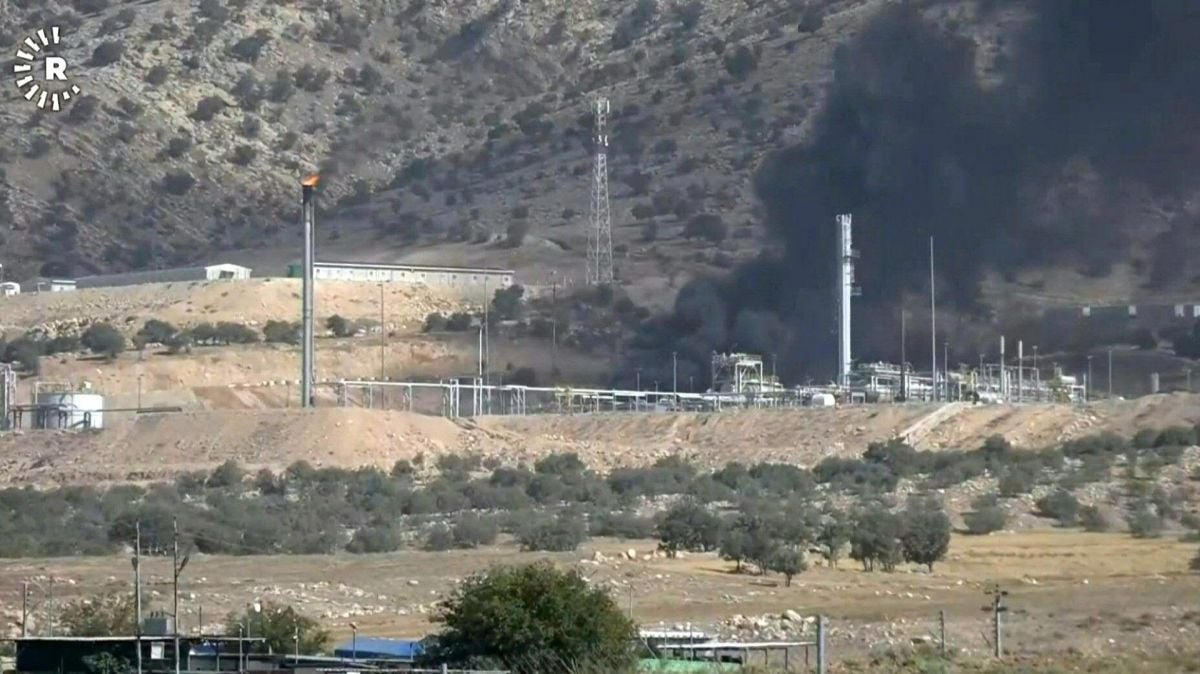Three oil fields in north Iraq attacked by drones

In Iraq’s Kurdistan region, three oil fields were struck by drones on July 16th, according to Kurdish authorities, The New Arab plus agencies reported.
Explosive-laden drones struck the oil fields, following a similar attack on July 15th, which caused operations to stop at a US-run field. Production in two different fields operated by the Norwegian group called DNO and ASA has been temporarily suspended, according to the company.
Previously, Kurdistan witnessed a series of unclaimed drone attacks amid rising tensions between the regional government and federal authorities in Iraq over oil exports. Five fields have been struck in the region over a seven-day period.
The regional natural resources ministry states that the latest attacks caused “significant damage” and labeled them as acts of “terrorism”.
“At 6:00 am and 6:15 am (0:300-03:15 GMT), two explosive-laden drones attacked.” These explosive drones specifically hit the Peshkabir oil field operated by DNO in the Zakho district, according to Kurdistan’s counterterrorism services.
At 04:00 GMT, another drone “struck the DNO-operated Tawke field in the same area” in the Kurdistan region. The Norwegian operator stated they have suspended their operations following the recent attacks on their fields. “One involving a small storage tank at Tawke and the other involving surface processing equipment at Peshkabir”. The company further added that they are still assessing the damage.
Another attack followed at around 04:14 GMT, which targeted an oil field operated by a US firm, Hunt Oil, in the Dohuk province, without causing any casualties or damage. No one has claimed responsibility for these attacks. Baghdad promises that the culprits will be identified through an investigation.
Previously, attacks on a military airbase in north Iraq took place on June 30th, in Kirkuk airport. Furthermore, a drone was intercepted on July 3rd, near Erbil airport in Iraq.
Attacks that occurred on July 15th forced the US firm, HKN Energy, to suspend its activities in the Sarsang field in Dohuk province. And on July 14th, two drones struck the Khurmala field.
Politicians who are close to the Kurdish authorities point fingers at the pro-Iranian groups for the attacks, without offering any evidence to back their claims. The attacks came during persistent tensions between the regional authorities and Baghdad over control of export revenues from the Kurdistan fields. Different legal disputes and technical problems have kept the export pipeline to Turkey closed since 2023.
The New Arab plus agencies, Maghrebi.org
Want to chase the pulse of North Africa?
Subscribe to receive our FREE weekly PDF magazine














